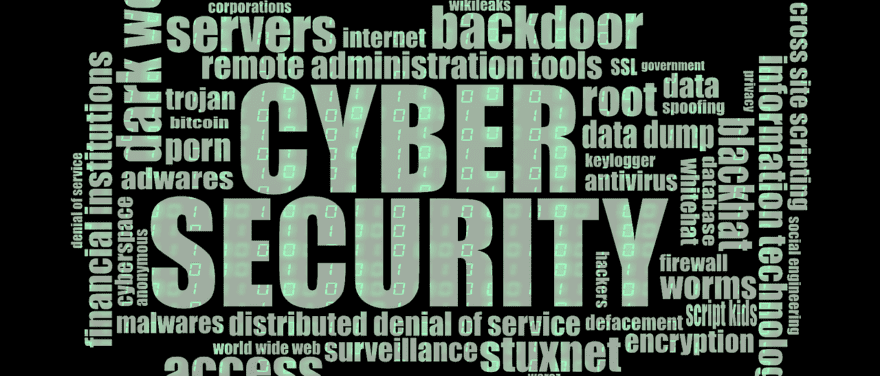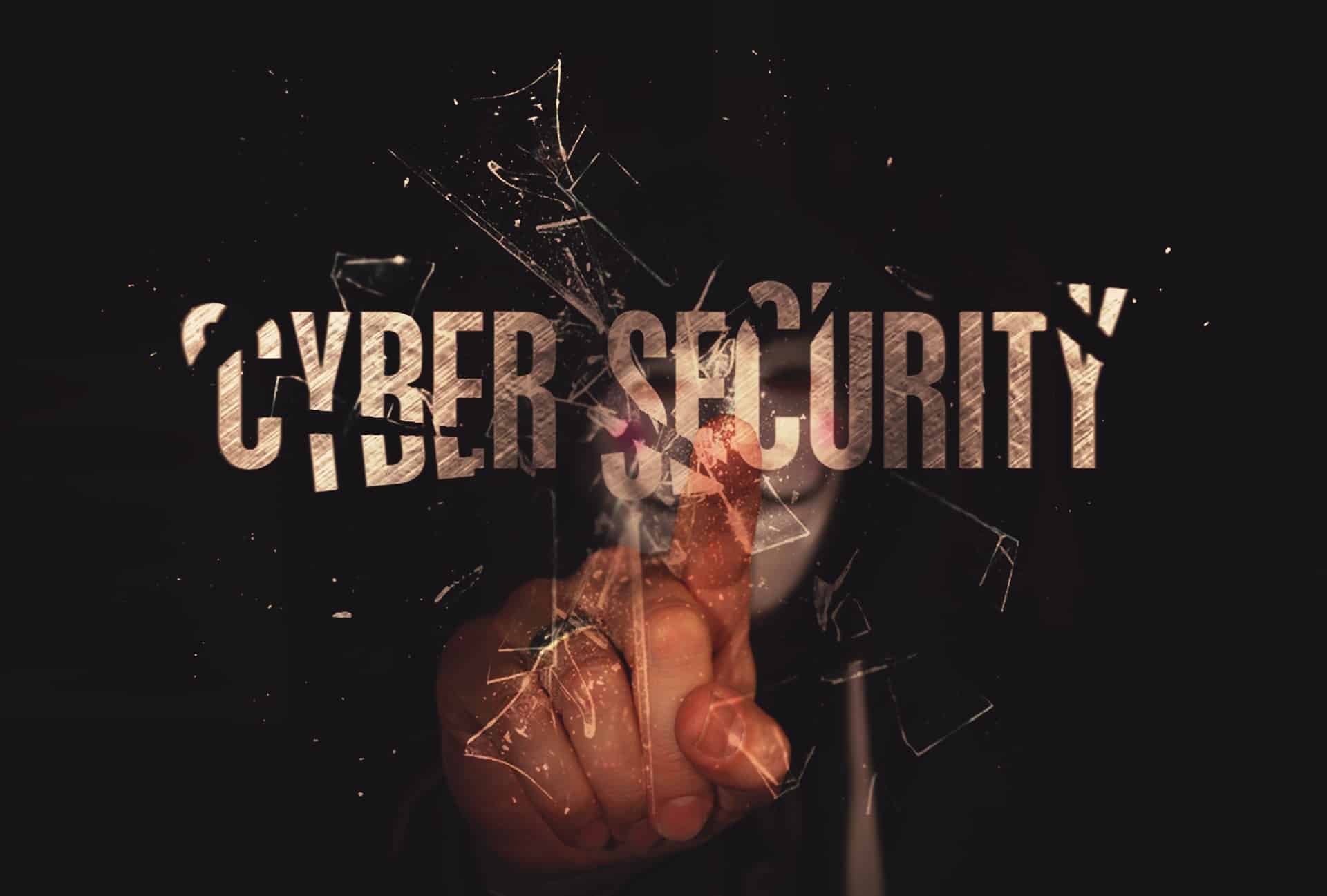
Unfortunately, cybercriminals are maximizing their efforts and inventing new malware types to threaten the security of digital life. It became an absolute necessity to keep personal and financial data safely tucked away. Consequently, cyber security measures need to keep stepping up for malicious attacks. We gathered for you the best cyber security certifications to consider. There are hundreds of them ranging from entry-level to expert. Thus, you will indeed find something that suits your level and interest as well. This list may give you an overview, so you don’t waste your time looking in the wrong places.
A List of the Best Cyber Security Certifications to Boost Your Career
Whether you hold a bachelor’s degree in computer science or are about to, consider other certifications. Companies highly demand these jobs to perform the best practices to protect their network and data. If this is the career you pursue, then these certifications will definitely put you on the frontline.

Certified Information Security Manager (CISM)
The Certified Information Security Manager (CISM) is one of the top-paying, and most demanded certificates. It shouldn’t be your first pick if you are a beginner, as it requires five years of relevant experience.
The certification ensures that you have a piece of reliable knowledge in various sections. These sections include incident management, program development, risk management, compliance, and overall information security management.
Certified Information Systems Auditor (CISA)
Just like CISM, Certified Information Systems Auditor falls under the most popular and highly paying certificates. However, it can be a little more challenging to earn than other certifications. It best suits those with several years of experience rather than beginners.
CISA covers several fields of the cyber security career. It includes deep knowledge of the auditing process of information systems and the protection of assets. Also, it involves IT governance and management and acquisition, development, and implementation of information systems.
Computer Hacking Forensic Investigator (CHFI)
Being a hacking forensic investigator is a bonus certification that gives your career a skyrocketing boost. The Computer Hacking Forensic Investigator certificate is very advanced, where you’re eligible to take the offenders to a law court.
Your job role will involve analyzing attacks and responding immediately. You’ll also be responsible for restoring any files that have been corrupted or deleted. Gathering enough computer-based evidence allows you to use them to prosecute criminals legally.
Certified Information Systems Security Professional (CISSP)
This certification ranks highly among the best cyber security certificates that IT companies frequently demand. It is deemed an essential requirement in the field of information security. Moreover, it requires you to have prior experience, ranging from 3 to 5 years. Aspects of network security you’ll be responsible for are access management, telecommunication, and cryptography.
Certified Cloud Security Professional (CCSP)
Being a certified cloud security professional gives you a deep understanding of the cloud environment. Traditional IT protocols don’t apply the concept of cloud security; however, it is precisely where the modern world is heading.
CCSP teaches you the concepts of the cloud security system and how it’s designed. It also covers areas of data saving and cloud operations.
Certified Ethical Hacker (CEH)
Becoming an ethical hacker can be pretty interesting as you get the chance to get inside the hacker’s mind. It teaches you the hacking techniques that cybercriminals use to invade networks and steal data and information.
This knowledge allows you to predict the moves of a hacker and rapidly counteract them. You’ll also be exposed to information security laws that will enable you to sue criminals based on computer evidence.
Certified in Risk and Information Systems Control (CRISC)
Risk and Information Systems Control is among the best cyber security certifications, for it exposes professionals to real-world threats. It helps add significant assets to a professional’s knowledge. CRISC covers aspects of identification, business risk, business systems control, and implementation.
GIAC Security Essentials (GSEC)
The domains that GSEC covers include program development and management, security management, risk management, and compliance. It’s an entry-level certification suitable for IT professionals who want to handle security roles.
GIAC Security Essentials is one of the best cyber security certificates. It teaches practitioners technical skills effective in resisting unauthorized invasion. Such skills include aborting wireless attacks, control and password management, cryptography, and more.
GIAC Penetration Tester (GPEN)
The GIAC Penetration Tester certificate works best for personnel whose responsibilities involve risk assessment and vulnerabilities detection. It deepens their knowledge in several areas, including hashes, advanced password attacks, penetration test planning, and vulnerability scanning.
Systems Security Certified Practitioner (SSCP)
Systems Security Certified Practitioner certificate is suitable for multiple job positions. It benefits different levels of expertise, from beginner to expert. SSCP ensures the acquisition of high technical skills that aid in applying the best cyber security practices.

Best Cyber Security Jobs to Hunt
The field of information systems has many aspects to consider. Thus, there are various job positions. Each position surely performs a vital role. In the end, they all complement one another to implement the best cyber security practices.
Take a brief look at the duties and responsibilities of each role. That way, you can choose the one that fits you the most without wasting your time.
Network Security Engineer
The primary role of a network security engineer is to find different ways to solve already-existing threats and issues. Their job also involves detecting vulnerabilities in either hardware or software. Identifying and solving security issues in a timely manner aids in minimizing any potential damages.
Security Engineer
Security and network security engineers may share many roles and duties, yet they take on different responsibilities. A security engineer needs to keep monitoring systems to detect the existence of security breaches early. Their role also is to recommend the application of specific enhancements to the management department.
Network Systems Analyst
A network systems analyst specializes in the network’s infrastructural design. Their responsibilities include maintaining the performance of applications of either hardware or software. Such maintenance happens by analyzing the system performance and working on improving it.
Security Analyst
Security analysts monitor all security accesses and identify possible threats or the existence of unauthorized users. They also discern the root cause when a breach incident takes place. A security analyst’s roles include conducting dynamic testing and analysis for weaknesses and improving them.
Systems Administrator
Systems administrators perform roles that boost the application of best cyber security practices. Their duties require a prompt response to sudden hardware failures and swiftly repairing the issue. They are also responsible for installing software, creating file systems across the network, and monitoring system performance.
Security Administrator
Administrators of security play a vital role when it comes to applying the best cyber security parameters. Their job has to do with everything related to the safety of an organization. This includes detecting unauthorized access and defending against them. They also, like most associated jobs, scan for potential threats and unusual activity.
Database Administrator
Here is another administrator position that falls among the best cyber security jobs for its gravity in digital protection. A database administrator helps with the design and development of a database and manages access to it. Their role is to create proper procedures to maintain security and put them into action.
Security Consultant
The security consultant is responsible for assessing whether an organization is following the best cyber security measures. It could be the organization in which they work or those of different clients. They also perform regular system checks and analyses for threats, vulnerabilities, and more.
The Importance of Cyber Security
In case you are a total beginner, here’s a quick insight into how significant cyber security is. It’s keeping valuable data out of the cybercriminals’ reach. This information can be of personal or financial natures or both.
Moreover, cyber security is all about setting measures to protect devices and systems from being altered or modified. Installing antivirus software programs has been one of the best cyber security tools. They shall come with features that apply the needed layers of protection.
Best Cyber Security Tools
Cybercrime is ever-increasing every day, so you need to use an absolute defense against them. That’s when cyber security tools come in handy. These tools are actually the techniques used to offer different levels of protection. In most cases, you need all of them to maximize your security layers.
Anomaly Detection Engines (ADE)
An anomaly detection engine is a prevalent tool that you cannot go without. It meticulously analyzes your network to discern the presence of any abnormality. Since malware’s primary function is to disrupt or alter how your device operates, ADEs can easily spot such alteration. This tool makes it easier to rid your device of any potential threats in real-time.
Data Loss Prevention (DLP)
There may be times when malware already gets the best out of your network and system. There is a tool that reduces the amount of loss that such incidents can cause, data loss prevention. Known as DLP, it is the act of backing up your data, so you can quickly restore any valuable information. You may be exploiting every other tool to avoid this occurrence; however, data backup is a life-saver.
Antivirus Software
Installing a solid antivirus software goes a long way when it comes to saving your confidential data and sensitive information. It provides protection against different types of malware, including viruses, trojans, ransomware, and more. Software programs identify the presence of abnormalities and place them in a quarantine zone or automatically get rid of them.
Access Management
Limiting access plays a vital role in banishing cybercriminals from invading your network. It’s one of the best cyber security parameters. Placing extreme limits can prevent unauthorized access from taking place. However, authorized users can form a threat to your privacy as well. Consequently, it’s essential that you limit users’ access that directly applies to their responsibilities.
Endpoint Encryption
Since the outbreak of Covid-19, remote working has become increasingly in demand. This has furnished the way for intertwining personal and business computer devices. The concept of BYOD, standing for bringing your own device, is a weakness that hackers can pry on. Endpoint encryption security plays the role of adding protection to remote devices that access business networks.
Application Security
Application security falls among the best cyber security tools, for cybercriminals, look for unfixed bugs. Any applications that are tied down to your network demand a sturdy layer of protection.
Firewalls Installation
This tool is vital for managing traffic to your network and blocking unauthorized traffic. Firewalls pretty much function like gates that place your network behind them to limit access to it. It is a significant tool to give different types of malware a wide berth.
Virtual Private Network (VPN)
The virtual private network is one of the best cyber security tools as it adds a thick layer of security. It is much like creating borders between which network and device fall, making this device the endpoint. This helps in blocking the invasion of a third party.
Security Information and Event Management (SIEM)
SIEM is one of the best cyber security tools, although it’s complementary to many others that work on resisting malware. When an infection occurs, acting fast plays a significant role in minimizing the chances of damage occurring. Security information and event management (SIEM) barge in. It works by providing the needed information about the malware so that the responders can act in a timely manner.
Wireless Security
Traditional networks were much more robust than today’s wireless security. However, the fast-paced world of today and its hectic schedules require rapid solutions. Since wireless security can be a backdoor for criminals, applying security parameters goes a long way.
E-mail Security
Emails need to be highly secured, for some hackers target users by meddling between them 0- other users. Impersonating emails have been a great bait in the world of cybercrime. These emails can appear genuine and authentic, persuading the user to take action that spreads malware into the system. Thus, email security is an essential tool for ultimate cyber security.
